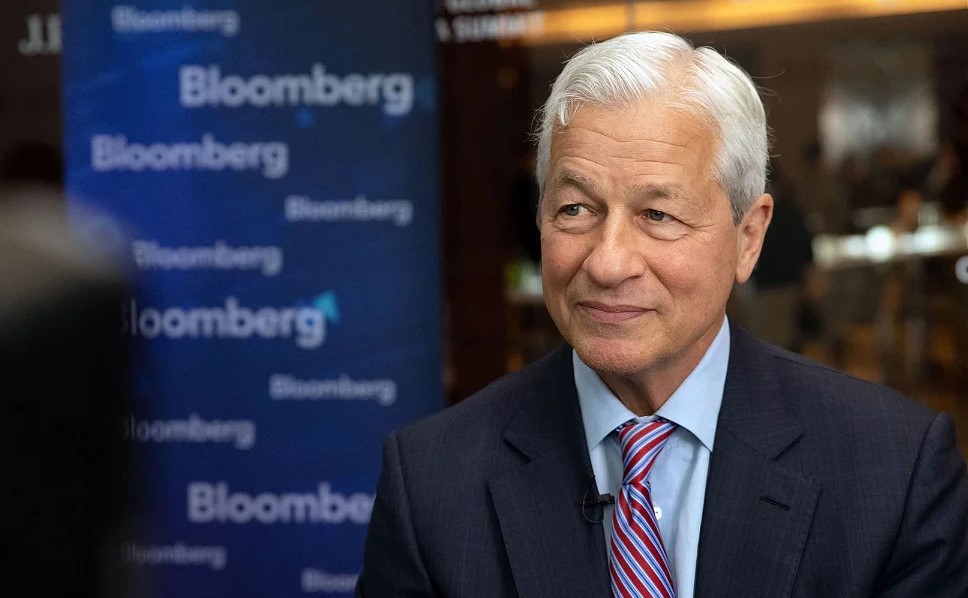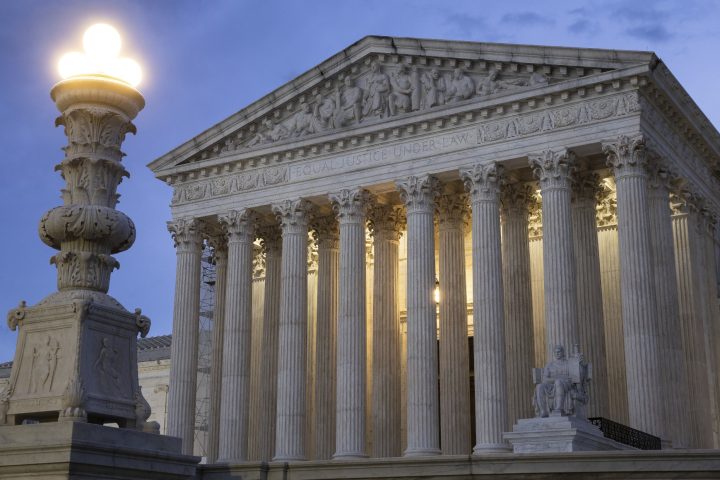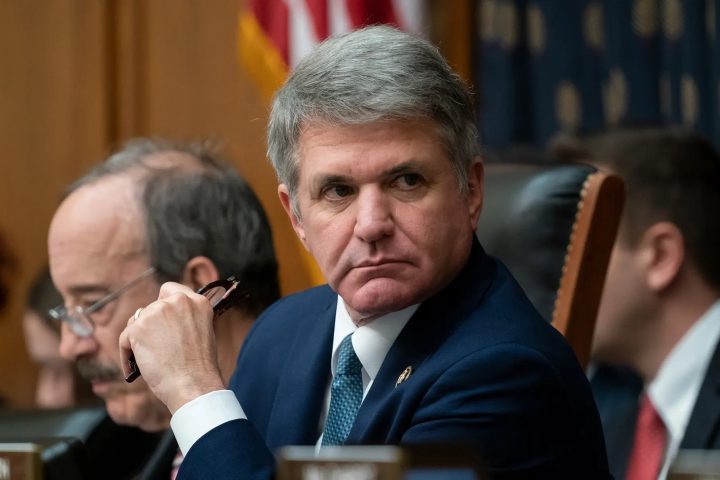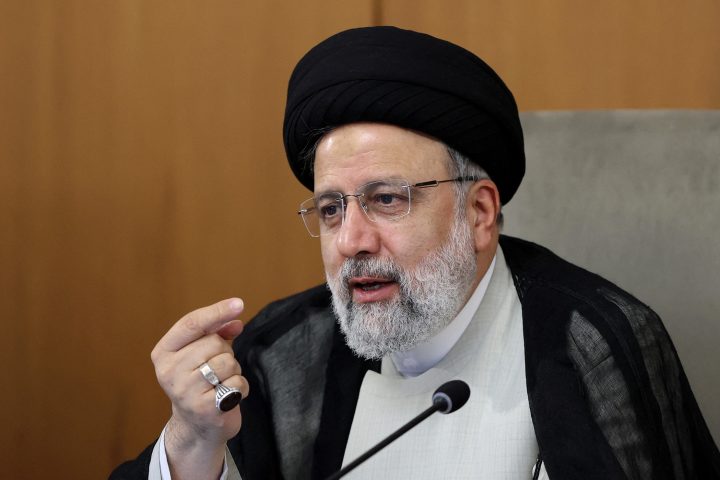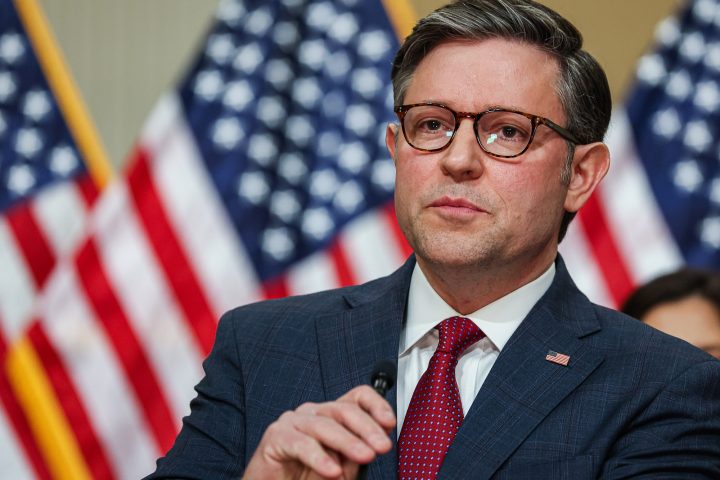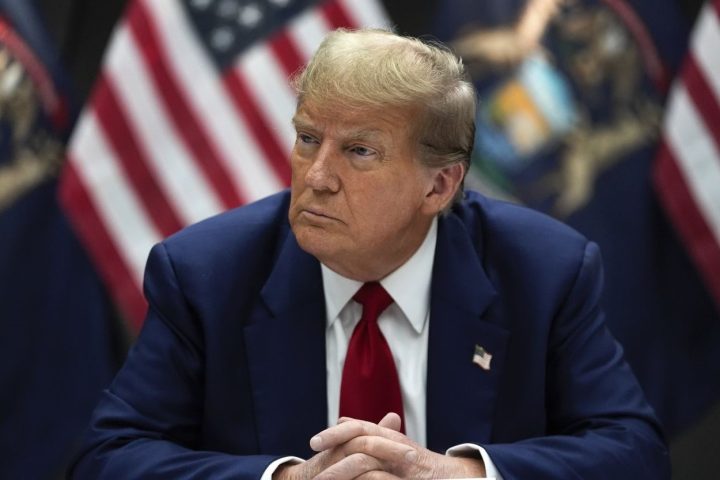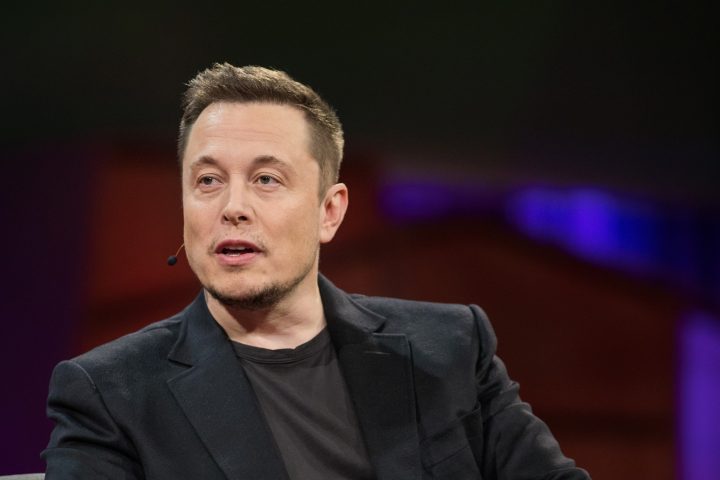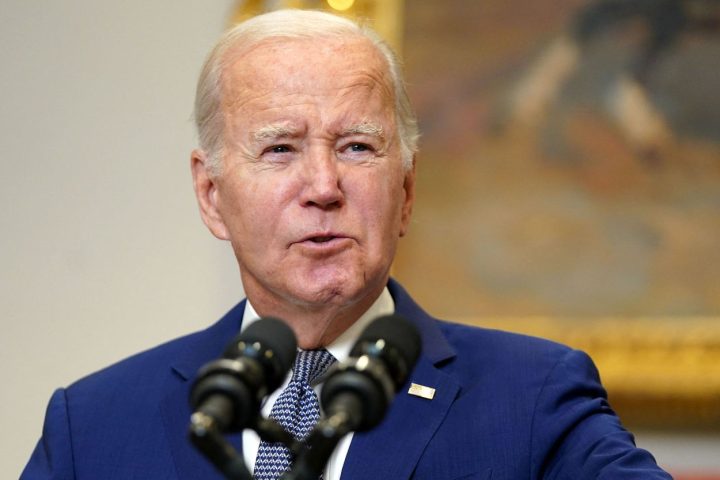Jamie Dimon, the CEO of JPMorgan Chase, issued a sober warning for the U.S. economy in his annual letter to investors this week.
Dimon pointed to wars breaking out in Europe, and the Middle East, and growing tensions with China as major drivers of economic uncertainty which have helped fuel “higher energy and food prices, inflation rates and volatile markets.”
The crises on the foreign policy front are largely a reflection of President Joe Biden’s weakness on the world stage as America’s adversaries have felt that they have more latitude in what they are able to get away with under the current administration, critics say.
“It is important to note that the economy is being fueled by large amounts of government deficit spending and past stimulus,” Dimon said.
“There is also a growing need for increased spending as we continue transitioning to a greener economy, restructuring global supply chains, boosting military expenditure, and battling rising healthcare costs. This may lead to stickier inflation and higher rates than markets expect. Furthermore, there are downside risks to watch.”
Dimon warned that too many were focused on the short-term and not nearly enough people were focused on the long-term trends and what they could mean for the U.S. economy.
He said that markets believe there is a “70% to 80% chance of a soft landing” for the U.S. economy, meaning modest growth along with declining inflation and interest rates, but he believes that number is far too high.
“I believe the odds are a lot lower than that,” he said. “In the meantime, there seems to be an enormous focus, too much so, on monthly inflation data and modest changes to interest rates. But the die may be cast interest rates looking out a year or two may be predetermined by all of the factors I mentioned above. Small changes in interest rates today may have less impact on inflation in the future than many people believe.”

